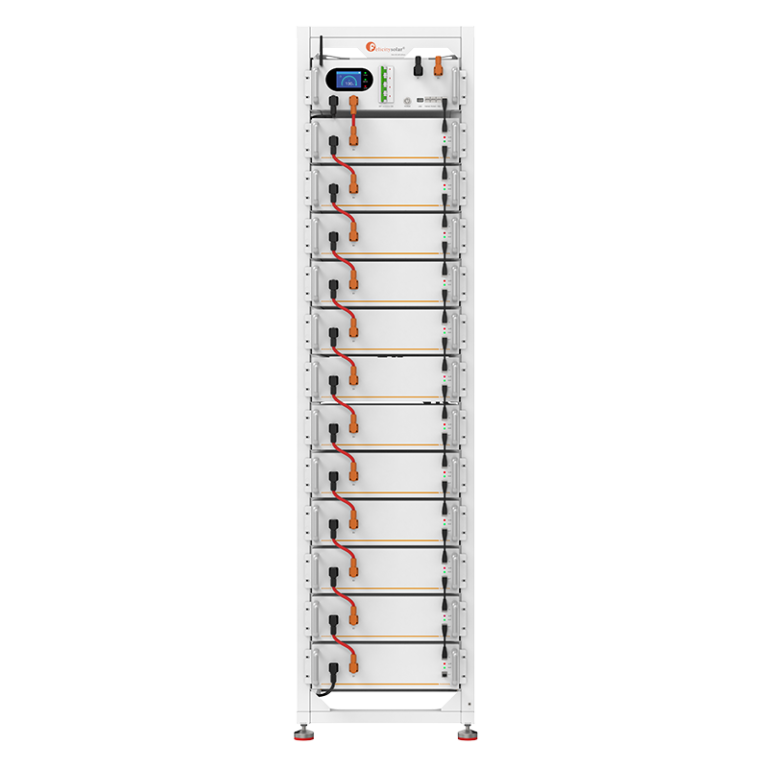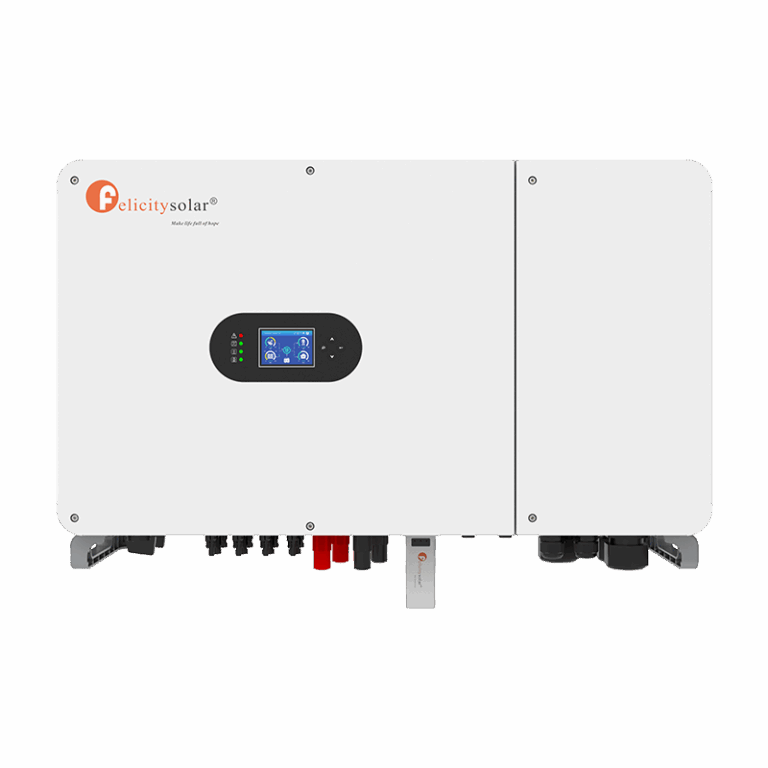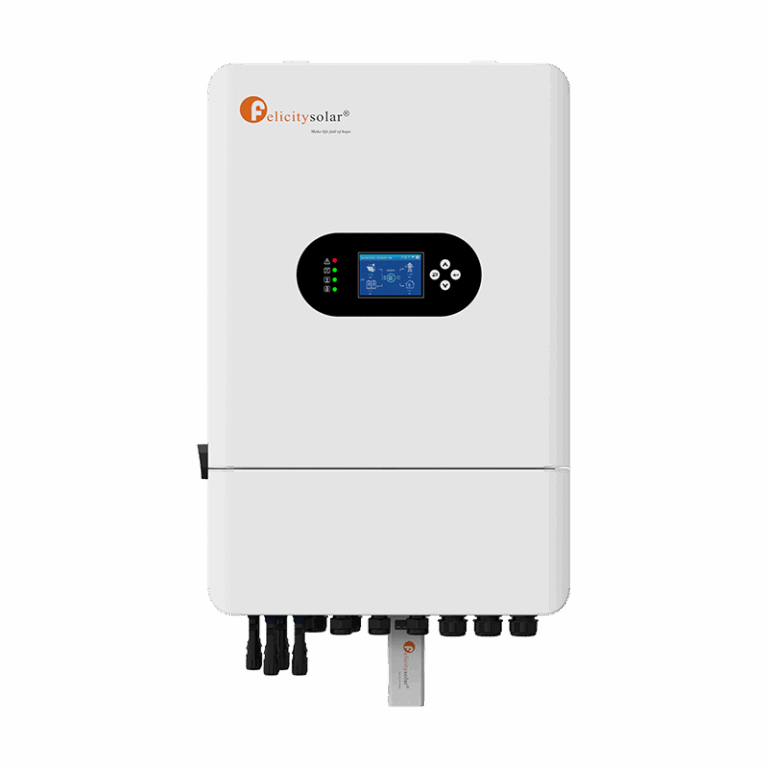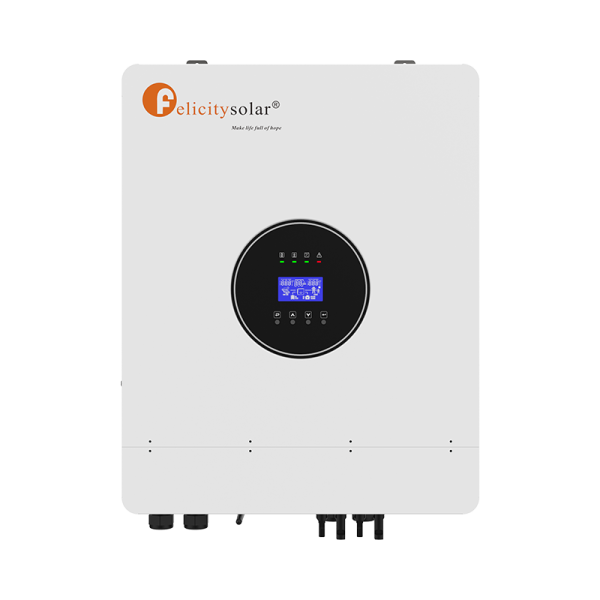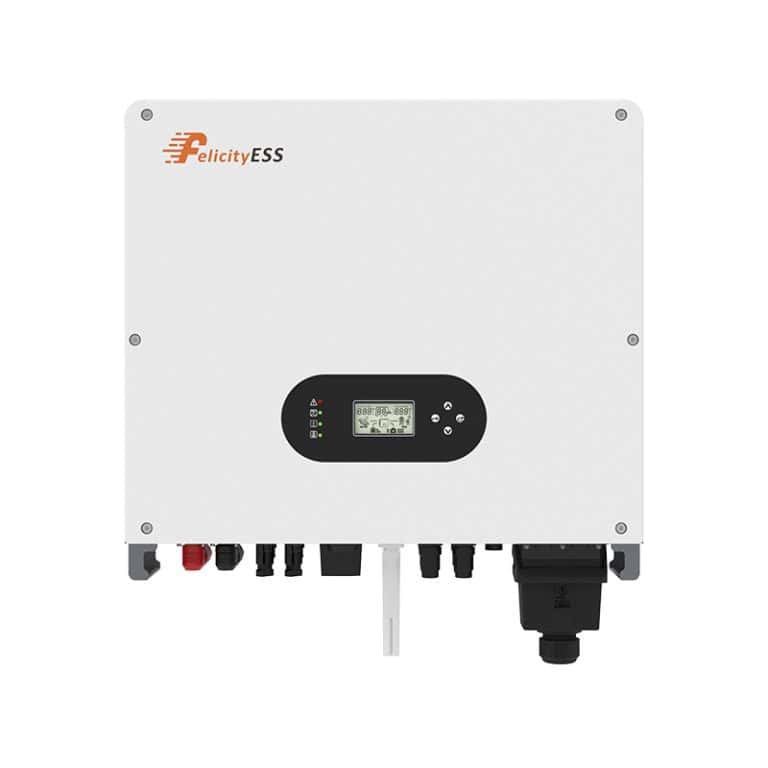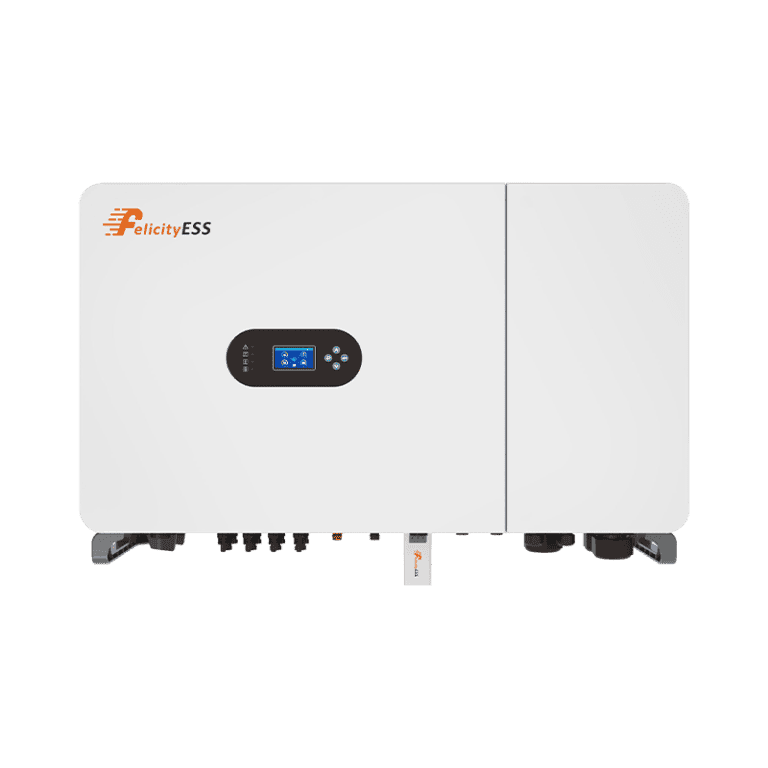Angesichts der weltweiten Umstellung auf erneuerbare Energien spielt die Energiespeicherung eine entscheidende Rolle bei der Optimierung von Solarstromsystemen. Der Green Deal und die Batterieverordnung (2023) der Europäischen Union treiben Fortschritte bei der Energiespeicherung voran und machen es für Verbraucher und Unternehmen unerlässlich, sich für die richtige Batterietechnologie zu entscheiden.
Von herkömmlichen Blei-Säure-Batterien bis hin zu innovativen Natrium-Ionen- und Lithium-Ionen-Lösungen sind heute verschiedene Arten von Solarbatterien erhältlich. Das Verständnis ihrer Funktionen, Vorteile und Einschränkungen wird Benutzern dabei helfen, Effizienz, Zuverlässigkeit und langfristige Einsparungen zu maximieren.
Blei-Säure-Batterien: Eine kostengünstige, aber veraltete Option
Blei-Säure-Batterien werden seit Jahrzehnten zur Speicherung von Solarstrom eingesetzt. Sie bleiben eine kostengünstige Option, werden jedoch aufgrund ihrer kurzen Lebensdauer und geringen Effizienz im Vergleich zu neueren Arten von Solarbatterien nach und nach aus dem Verkehr gezogen.
Vorteile:
✔ Geringe Anschaffungskosten
✔ Einfache Installation
✔ Sofort verfügbar
Nachteile:
✖ Kurze Lebensdauer (3–5 Jahre)
✖ Schwer und sperrig
✖ Erfordert häufige Wartung
✖ Geringere Effizienz (~70%)
Lithium-Ionen-Batterien: Der Industriestandard für Solarspeicher
Lithium-Ionen-Batterien sind aufgrund ihrer hohen Energiedichte, langen Lebensdauer und minimalen Wartungsanforderungen zur ersten Wahl unter den verschiedenen Arten von Solarbatterien geworden. In Europa fördern Nachhaltigkeitsrichtlinien Lösungen auf Lithiumbasis aufgrund ihrer hohen Recyclingfähigkeit und ihres geringeren CO2-Fußabdrucks im Vergleich zu Blei-Säure-Alternativen.
Vorteile:
✔ Hohe Energieeffizienz (~90%)
✔ Lange Lebensdauer (10–15 Jahre)
✔ Leicht und kompakt
✔ Schnelllade- und Tiefentladefähigkeit
✔ Wartungsfrei
Natrium-Ionen-Batterien: Ein zukünftiger Konkurrent?
Angesichts der Besorgnis über Versorgungsengpässe bei Lithium tauchen Natrium-Ionen-Batterien als Alternative auf. Unternehmen wie CATL und Faradion entwickeln Natrium-Ionen-Batterien, die mit Lithium-basierten Solarbatterietypen konkurrieren könnten. Allerdings bleiben Herausforderungen bei der Kommerzialisierung bestehen.
Vorteile:
✔ Verwendet reichlich vorhandene und nachhaltige Materialien
✔ Möglicherweise geringere Kosten als Lithium-Ionen
✔ Sicherer mit geringerem Überhitzungsrisiko
Nachteile:
✖ Geringere Energiedichte
✖ Noch in der frühen Entwicklung
✖ Begrenzte kommerzielle Verfügbarkeit
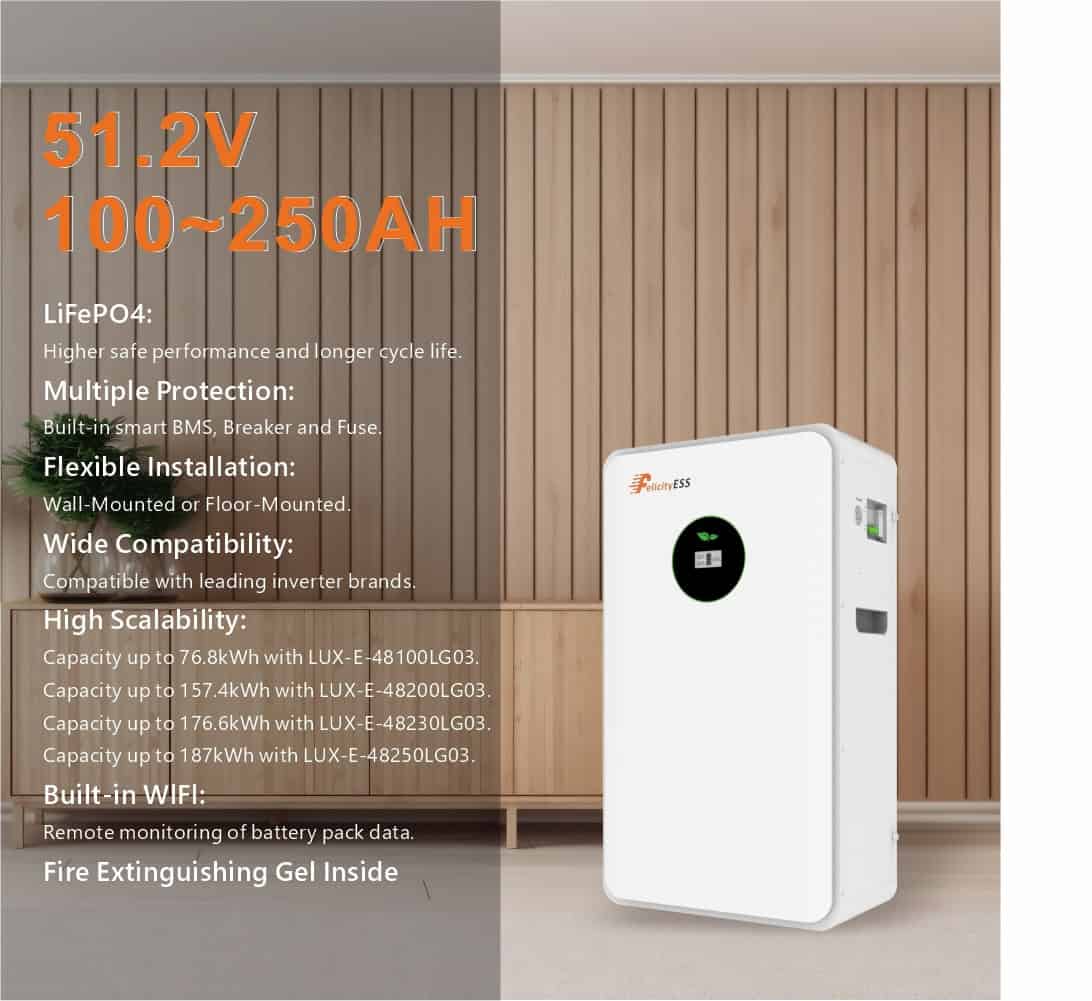
Flow-Batterien: Am besten für Solarspeicher im Versorgungsmaßstab geeignet
Flow-Batterien wie Vanadium-Redox-Batterien (VRBs) sind eine weitere Art von Solarbatterien, die sich für die Energiespeicherung im Netzmaßstab eignen. Im Gegensatz zu herkömmlichen Solarbatterietypen verwenden sie flüssige Elektrolyte, was eine längere Lebensdauer und tiefere Entladezyklen ermöglicht.
Vorteile:
✔ Extrem lange Zyklenlebensdauer
✔ Kann ohne Leistungseinbußen vollständig entladen werden
✔ Ideal für großflächige Energiespeicherung
Nachteile:
✖ Teuer und sperrig
✖ Für kleine Wohnzwecke nicht praktikabel
Festkörperbatterien: Die Zukunft der Solarspeicherung?
Festkörperbatterien könnten die Solarspeicherbranche revolutionieren, indem sie im Vergleich zu bestehenden Arten von Solarbatterien eine höhere Energiedichte, schnellere Ladezeiten und eine verbesserte Sicherheit bieten. Im Gegensatz zu herkömmlichen Lithium-Ionen-Batterien verwenden sie einen festen Elektrolyten, wodurch das Risiko einer Überhitzung verringert wird.
Vorteile:
✔ Höhere Energiedichte
✔ Erhöhte Sicherheit (kein Risiko eines thermischen Durchgehens)
✔ Längere Lebensdauer
Herausforderungen:
✖ Noch im experimentellen Stadium
✖ Teuer in der Herstellung
✖ Noch nicht allgemein verfügbar
Auswahl der richtigen Batterie für Ihr Sonnensystem
Da heute verschiedene Arten von Solarbatterien verfügbar sind, hängt die Auswahl der richtigen von der Effizienz, den Kosten, der Lebensdauer und den Auswirkungen auf die Umwelt ab.
? Für Hausbesitzer und Unternehmen: Lithium-Ionen bleiben aufgrund seines ausgewogenen Verhältnisses von Leistung und Erschwinglichkeit die beste Wahl.
? Für große Solarparks: Flow-Batterien und Natrium-Ionen-Lösungen bieten möglicherweise eine bessere langfristige Nachhaltigkeit.
? Zur Zukunftssicherheit: Behalten Sie Festkörperbatterien im Auge, die zum Standard der nächsten Generation werden könnten.
Abschließende Gedanken
Während Europa und der Rest der Welt auf nachhaltige Energie umsteigen, sorgt die Auswahl der richtigen Solarbatterie für langfristige Effizienz und Einsparungen.
Angesichts der Fortschritte in der Batterietechnologie und der Energiepolitik bleiben Sie über die neuesten Entwicklungen auf dem Laufenden Arten von Solarbatterien hilft Ihnen dabei, die beste Investition für Ihre Solarstromanlage zu tätigen.
Angesichts der kontinuierlichen Innovationen bei der Speicherung von Solarenergie ist die Wahl einer hochwertigen Batterie wie der Lux-E 48100LG03 sorgt für maximale Effizienz, Zuverlässigkeit und Langlebigkeit sowohl für private als auch für gewerbliche Anwendungen.



